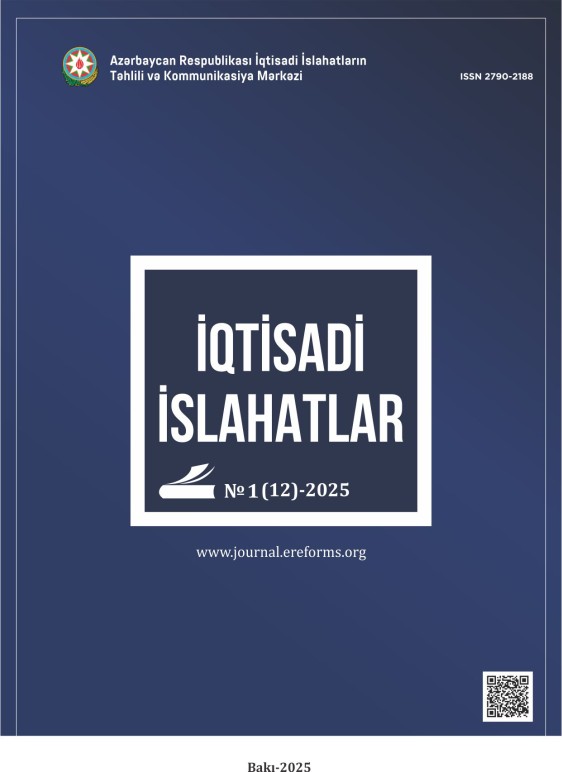International transport corridors: National and global challenges
Summary
Against the backdrop of accelerating globalization and expanding the geographical scope of international trade, the strategic importance of transport corridors is increasing. The institutional structure, management mechanisms and regional integration effects of major corridors such as the Trans-Caspian International Transport Route, North-South, East-West are being felt both in foreign trade relations and in participation in international projects. The importance of international transport corridors, especially the East-West routes connecting Europe and Asia, in the global economic system has become an undeniable fact. The article emphasizes the strategic importance of the Middle Corridor (Trans-Caspian International Transport Route) in terms of diversifying international trade flows and strengthening interregional economic relations. The work done to realize the transit potential of Azerbaijan, the adopted political-strategic documents and the progress made in the implementation of the corridors give grounds to say that our country has already chosen its national priorities in an appropriate manner as a response to these challenges.
The article analyzes the organization of international transport corridors, operating principles and their role in economic development, and at the same time systematically examines the challenges that have arisen at the national and global levels. In this direction, policy recommendations are put forward to increase competitiveness in the transport sector, establish a sustainable logistics system and strengthen regional cooperation, and theoretical and practical approaches are presented on the possibilities of harmonizing national interests with global challenges. As a result of the study, it becomes clear that Azerbaijani-Kazakhstani cooperation makes a significant contribution to strengthening regional integration and increasing the effectiveness of transport corridors.
